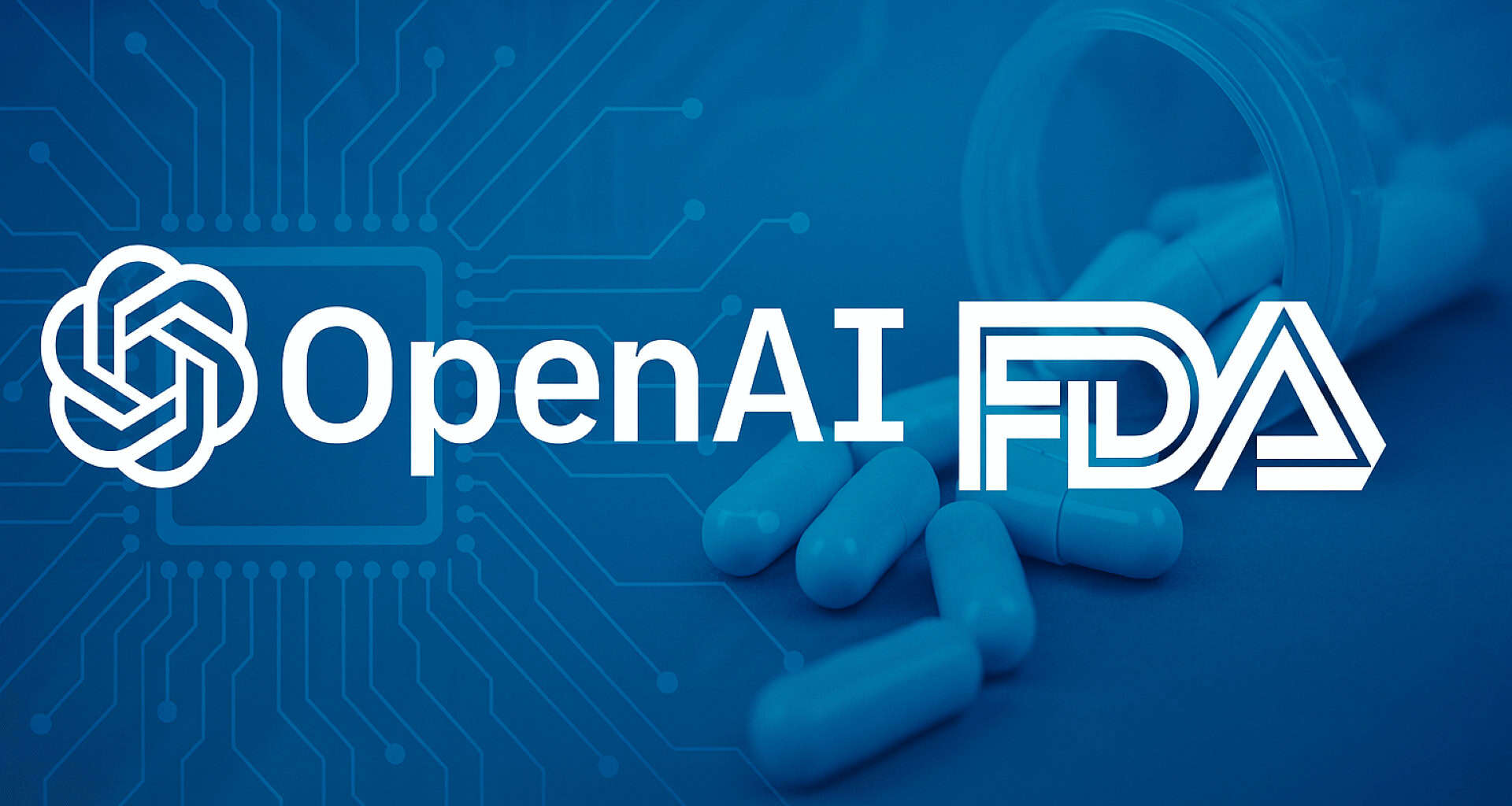OpenAI is in talks with the U.S. Food and Drug Administration (FDA) to explore AI use in drug evaluations. The discussions focus on a project called “cderGPT,” an AI tool designed for the FDA’s Center for Drug Evaluation (CDE).
This center regulates over-the-counter and prescription drugs in the United States. The goal is to use AI to make drug evaluation faster and more efficient.
Significance of AI in Drug Evaluation
The drug development process usually takes more than a decade and is expensive. AI can help speed up some parts of this pipeline.
AI models can predict patient outcomes by analyzing large datasets. They also identify how diseases progress, which helps target therapies.
Additionally, AI handles large real-world data efficiently, such as electronic health records and digital health technology data.
The FDA recognizes AI’s transformative potential in drug development. In January 2025, it issued draft guidance on using AI in regulatory decisions.
This guidance stresses AI model credibility and promotes early talks with the FDA about AI applications. The FDA aims to advance trustworthy AI use in drug safety and effectiveness.
Development and FDA’s Approach
The OpenAI-FDA collaboration focuses on creating “cderGPT” to support the Center for Drug Evaluation’s regulatory work. Details on the tool remain limited.
Since 2016, the FDA has reviewed over 500 drug submissions involving AI components, reflecting growing industry adoption.
In May 2023, the FDA issued discussion papers highlighting the importance of human oversight and risk-based AI evaluation.
These papers recommend ongoing monitoring of AI model performance to maintain reliability and consistency in drug manufacturing and development.
- Predicting patient outcomes
- Identifying disease progression patterns
- Processing large health datasets
Integration of AI tools like cderGPT may enhance drug approval speed and quality.
These efforts align with the FDA’s framework aimed at improving credibility in AI-assisted drug submissions, addressing industry challenges effectively.
OpenAI’s work, as Wired reported, is focused on expediting the latter stages of drug development, traditionally lengthy and costly.
The process combines AI’s strengths with regulatory expertise to maximize drug evaluation accuracy and efficiency for public health benefits.
This collaboration signals a key moment for AI’s increasing influence in healthcare innovation and regulatory science.

Leave a Reply